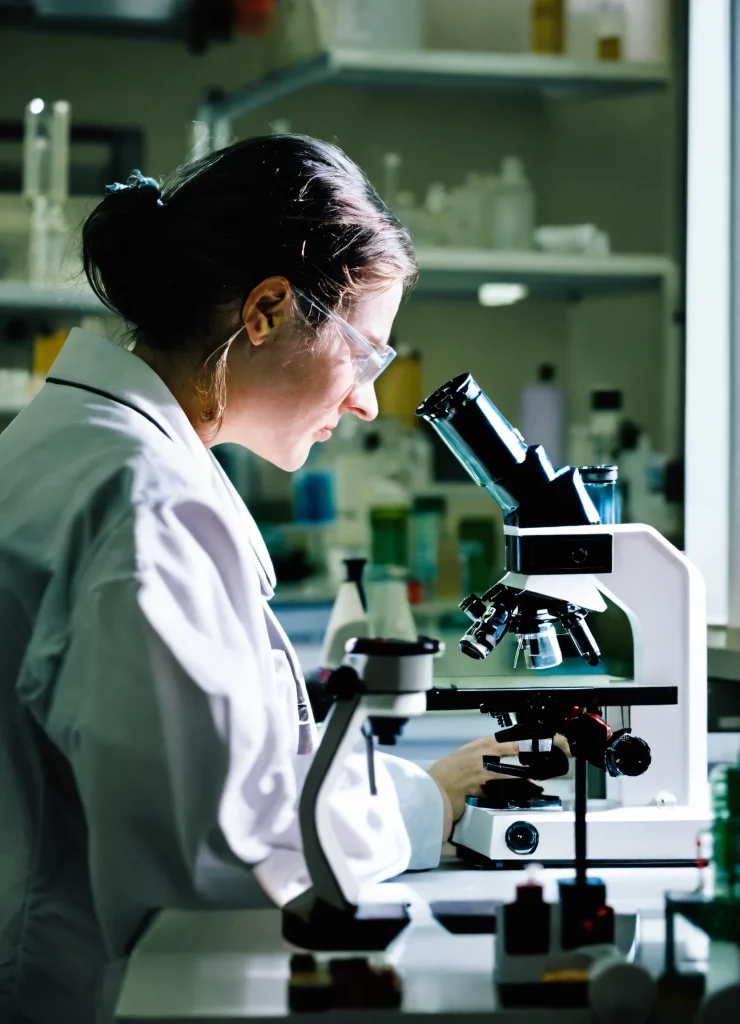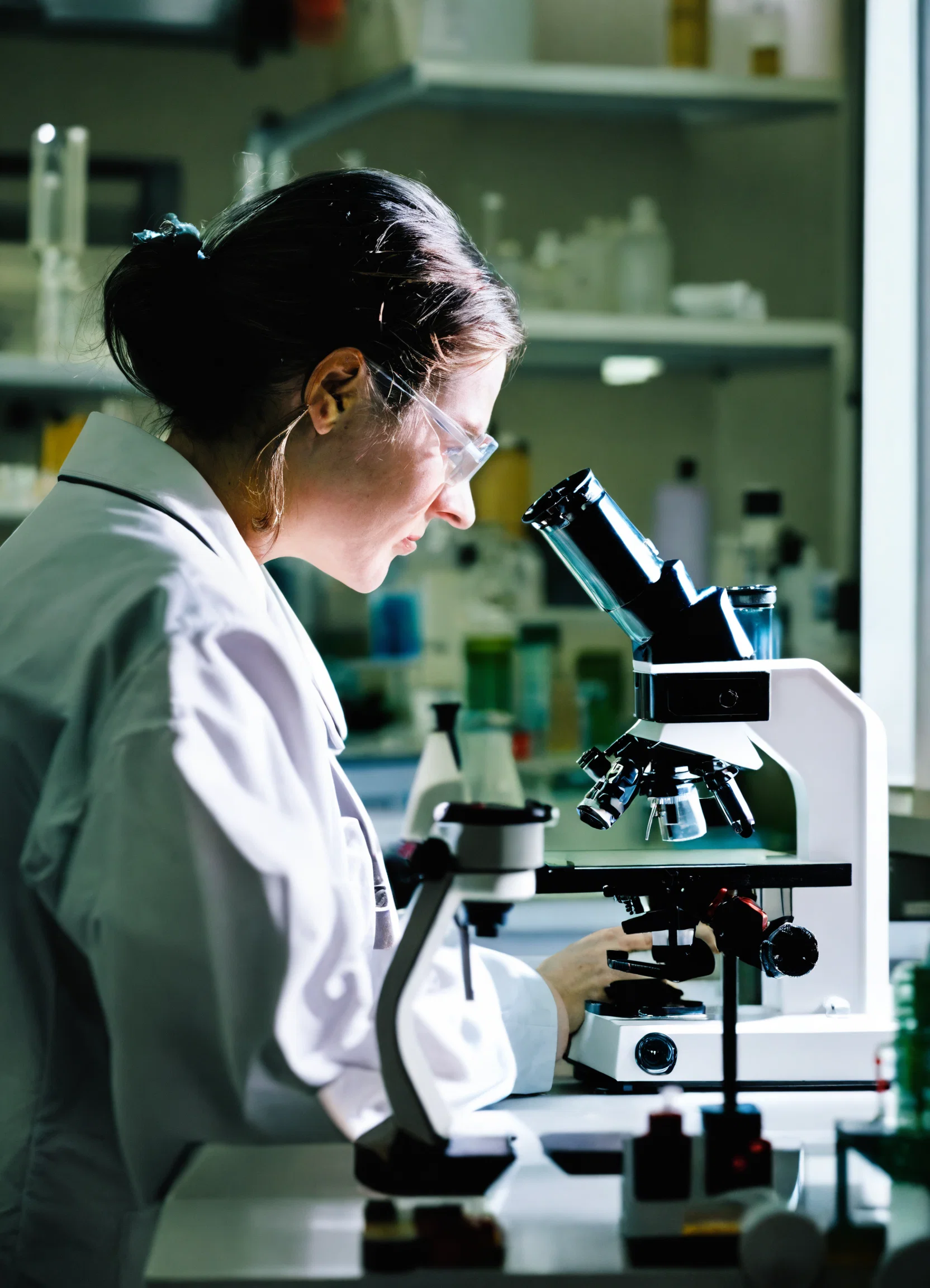At first glance, the idea of adding bacteria to skincare products might seem strange, especially given the common association of bacteria with breakouts and diseases. However, this perspective overlooks the essential role that beneficial bacteria play in maintaining healthy skin.

Understanding the Skin Microbiome
Our skin’s microbiome is a vast ecosystem of microorganisms that covers approximately 1.8 square meters of our body. Many of these microorganisms are beneficial, helping to create an environment that inhibits the growth of harmful pathogens and teaching skin cells to handle potential threats.
The Shift in Acne Treatment
In the past, acne treatments often involved the use of topical antibiotics. This approach is now considered outdated and potentially harmful. Antibiotics can kill both harmful and beneficial bacteria, disrupting the natural balance of the skin microbiome. This disruption can lead to more severe inflammations and the development of antibiotic-resistant bacteria, making future infections harder to treat.
The Role of Probiotics in Skincare
Recent studies suggest that applying probiotics to the skin can strengthen colonies of beneficial bacteria. This, in turn, suppresses the growth and activity of harmful bacteria in a gentle, microbiome-friendly manner. Although research on the impact of probiotics and prebiotics on the skin is still in its early stages, this approach is viewed as highly promising. Reviews of new directions in acne treatment highlight probiotic skincare as a major focus of ongoing research.
Benefits Beyond Acne
Probiotic and microbiome-friendly products are not just beneficial for those with acne. Skin conditions like eczema and atopic dermatitis are also linked to altered microbiomes. Scientists are working on developing products that can help normalize the microbiome, offering relief and improved skin health for individuals with these conditions.


Leave a Reply